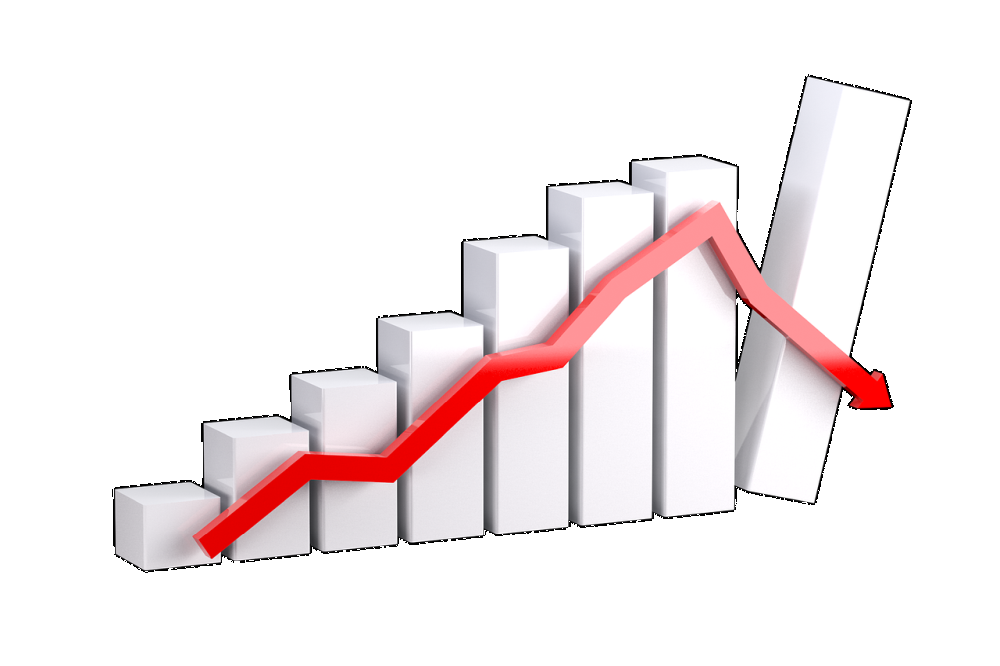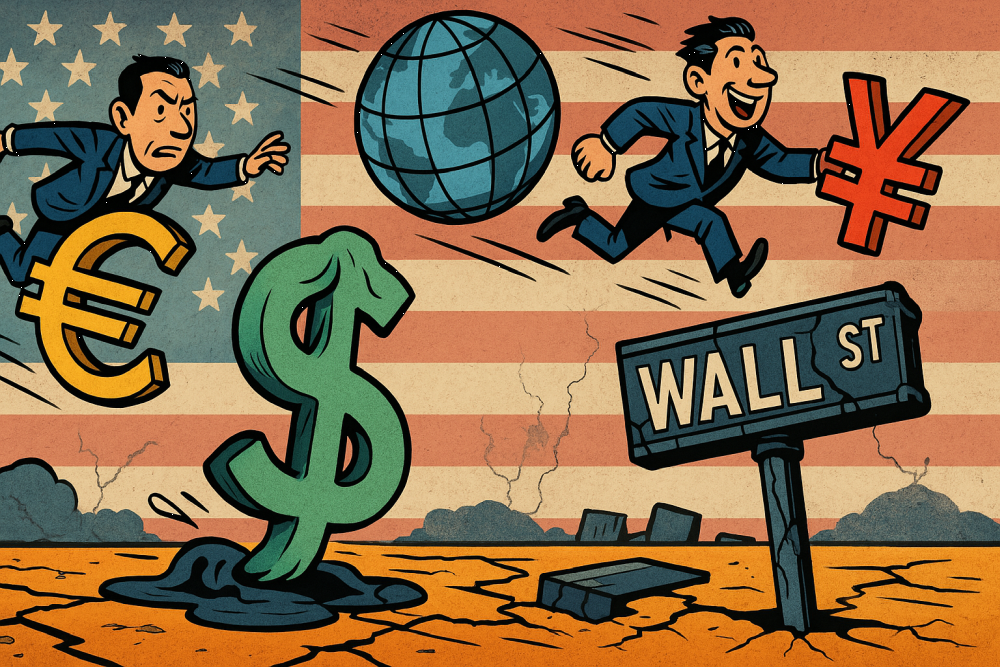As global investors reassess their strategies, a visible shift away from American assets is underway. The U.S. dollar has weakened significantly against the euro, hitting a three-year low. Meanwhile, American equities and Treasury bonds are experiencing pronounced volatility. This cooling sentiment has been fueled by uncertainty surrounding U.S. tariffs and growing concerns about economic instability under the current administration.

Traditionally a magnet for foreign investment, the U.S. now finds itself in a less favorable position. Global inflows, once topping $2 trillion annually, are beginning to slow. European investors, notably, are redirecting capital back into the eurozone. Even historically strong U.S. public debt is losing its luster, with buyers now eyeing safer options like German bonds.

This shift may be a signal of deeper changes in the global economic order, or it may simply reflect market jitters. But signs are hard to ignore: consumer sentiment has dropped, and inflation expectations have soared to levels not seen since the early 1980s. Institutions like BlackRock are already speaking openly about the possibility that a recession is underway.

Whether this “sell America” trend continues will depend on how the U.S. navigates its fiscal policy in the coming months. For now, investors seem to be treading more carefully, which could have long-term implications for America’s role as the world’s financial epicenter.

#USmarkets #investing #dollar #globalfinance #economy #bonds #stocks #recession
